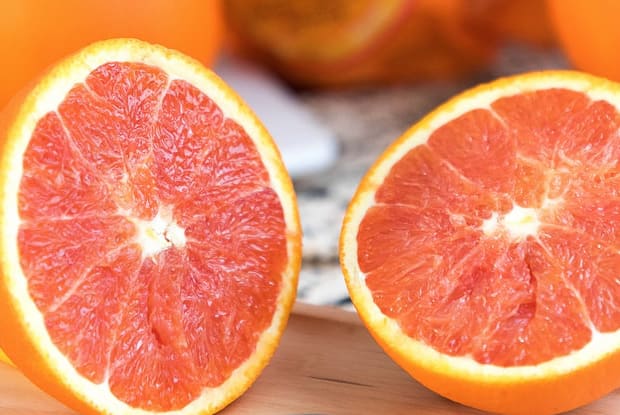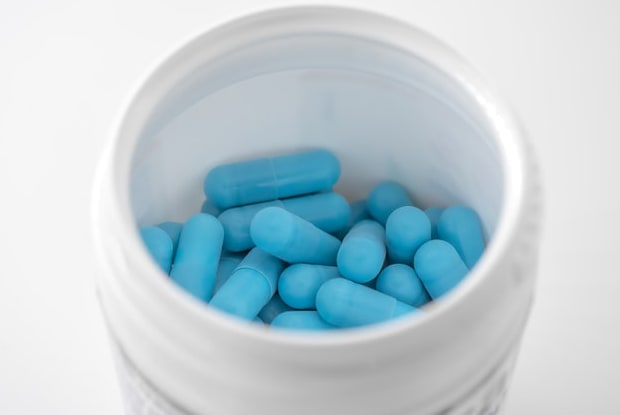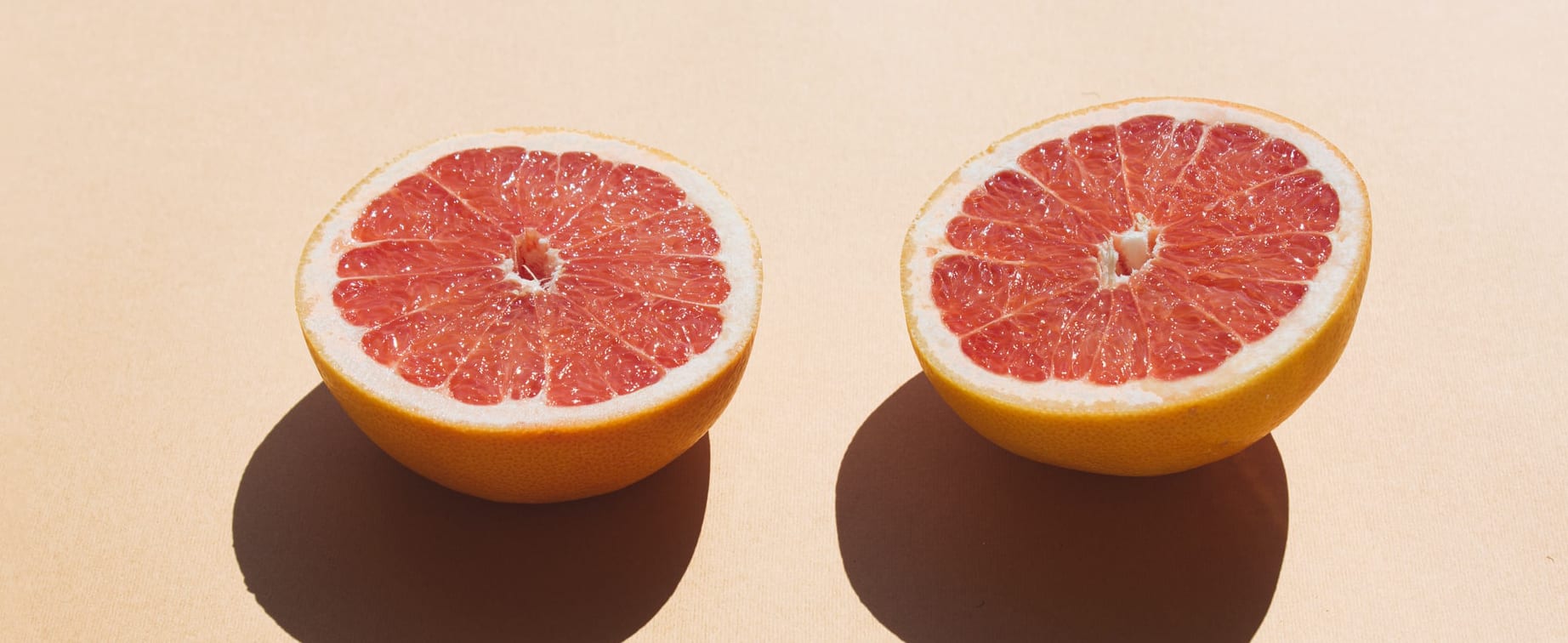Table of Contents
I. What Foods to Avoid While on Eliquis
II. Eliquis Medication Interactions
IV. Adjusting Eliquis Dosage to Avoid Interactions
Eliquis (apixaban) is a popular blood thinner with some benefits over other medications in the same class. Apixaban continues to be one of the top choices for blood-thinning medication. Eliquis has fewer interactions and precautions than older anticoagulants, so doctors are more likely to prescribe Eliquis to reduce any risk to their patients.
You may receive a prescription of Eliquis for several medical conditions including deep vein thrombosis (DVT) and atrial fibrillation. Other risk factors that can provoke the formation of clots include surgery, hospitalization, immobility, hormone replacement, pregnancy, cancer, and heart failure.
Eliquis reduces the ability of blood to clump together in your bloodstream. This can prevent blood clots and may even dissolve existing clots in your body. Blood thinners like Eliquis can become life-saving if you have a medical history of strokes or have ever had a pulmonary embolism (PE). If you want to get the full effects of Eliquis, it is essential to remain aware of any foods or medications that may interact with your prescription.
Traditional blood thinners like Coumadin (warfarin) come with strict dietary and drug restrictions. Warfarin, for example, is a vitamin K antagonist, meaning this drug works by interfering with the body’s use of vitamin K in the clotting process. Doctors require patients taking warfarin to avoid foods like leafy green vegetables, certain vegetable oils, and cranberry products because consuming vitamin K reduces the efficacy of warfarin. [1] So, what are the benefits of Eliquis and does it come with the same interactions? Unlike warfarin, Eliquis (apixaban) does not inhibit vitamin K synthesis. Instead, Eliquis affects proteins made by your liver that are necessary for forming clots. Eliquis prevents blood clots by selectively blocking clotting factors, working independently of vitamin K. As a result, Eliquis has significantly fewer food interactions than previous blood thinners, letting you eat a wider range of nutritious fruits and vegetables. Filling your prescription for Eliquis is quick and simple with Canadian Pharmacy Service. Despite having fewer food interactions, certain foods and medications still increase your risk of adverse effects. Read on to learn about the foods and drugs you should avoid while taking Eliquis. It is important to avoid eating grapefruits (and grapefruit products) while on Eliquis. This is because the compounds found in grapefruit can offset the benefits of newer blood thinners like Eliquis. This interaction increases the level of apixaban in your bloodstream, which can increase the potency of Eliquis, rendering it unsafe. If you eat grapefruit while on Eliquis, you are at an increased risk of excessive bleeding. Symptoms of excessive bleeding include blood in your stool, red or brown urine, and bleeding that will not stop. Grapefruit causes this adverse interaction because it blocks certain enzymes from breaking down apixaban. Specifically, grapefruit affects cytochrome p450 (CYP450). In other drugs, grapefruit may reduce the medication’s effectiveness. [2] Grapefruit makes apixaban last longer in the blood, causing unwanted side effects. In addition to grapefruit products, it is important to avoid drug interactions while on apixaban. Before taking Eliquis, inform your doctor about all the medications you are taking. While drugs like aspirin and verapamil may cause moderate interactions, taking Eliquis with other blood thinners or non-steroidal anti-inflammatory drugs (NSAIDs) may lead to severe health conditions. Severe Eliquis interactions include: Additionally, antidepressant medications called selective serotonin reuptake inhibitors (SSRIs) contribute to the risk of bleeding. SSRIs known to interact with Eliquis include sertraline, citalopram, and fluoxetine. Another type of antidepressant, called serotonin-norepinephrine reuptake inhibitors (SNRIs), may raise your risk of bleeding as well. These drugs include duloxetine, venlafaxine, and desvenlafaxine. Talk to your doctor if the antidepressants you are taking present interactions with Eliquis. It is crucial to have a healthy liver and kidneys when taking Eliquis because they ensure apixaban metabolizes at a safe rate. Regular alcohol use can impair the liver and kidneys, meaning the apixaban in your bloodstream may not break down. To prevent life-threatening bleeding and other health complications, you may want to drink moderately or avoid alcohol altogether. Eliquis alone significantly increases your risk of excessive bleeding. Alcohol can affect your reaction times and motor skills, leaving you prone to falling and injuries. [3] Cuts and scrapes from falling can lead to excessive bleeding. If you experience an impact trauma internal bleeding may occur. You may have internal bleeding if you experience: If you suspect internal bleeding, it is vital that you contact your doctor as soon as possible. While small bruises from everyday activities are not typically worrisome, bigger bruises and extensive discoloration on the skin may indicate a severe health threat. Patients with an underlying health condition and a risk for blood clots may need to take more than one medication. If your current treatment plan interacts with Eliquis, speak to your doctor. Depending on your blood clot risk, your doctor may adjust your dosages to lower the risk of interactions while ensuring all your conditions receive treatment. Unlike older blood thinners, Eliquis comes with more dietary freedom. Still, it is important to be careful when taking more than one drug and avoid interactions to keep your risk of adverse side effects low. If you are unsure whether a certain food, medication, over-the-counter drug, supplement, or herbal medication interacts with Eliquis, consult your healthcare provider to be safe. The content in this article is intended for informational purposes only. This website does not provide medical advice. In all circumstances, you should always seek the advice of your physician and/or other qualified health professionals(s) for drug, medical condition, or treatment advice. The content provided on this website is not a substitute for professional medical advice, diagnosis, or treatment.
What Foods to Avoid While on Eliquis

Eliquis Drug Interactions
Eliquis and Alcohol

Adjusting Eliquis Dosage to Avoid Interactions

